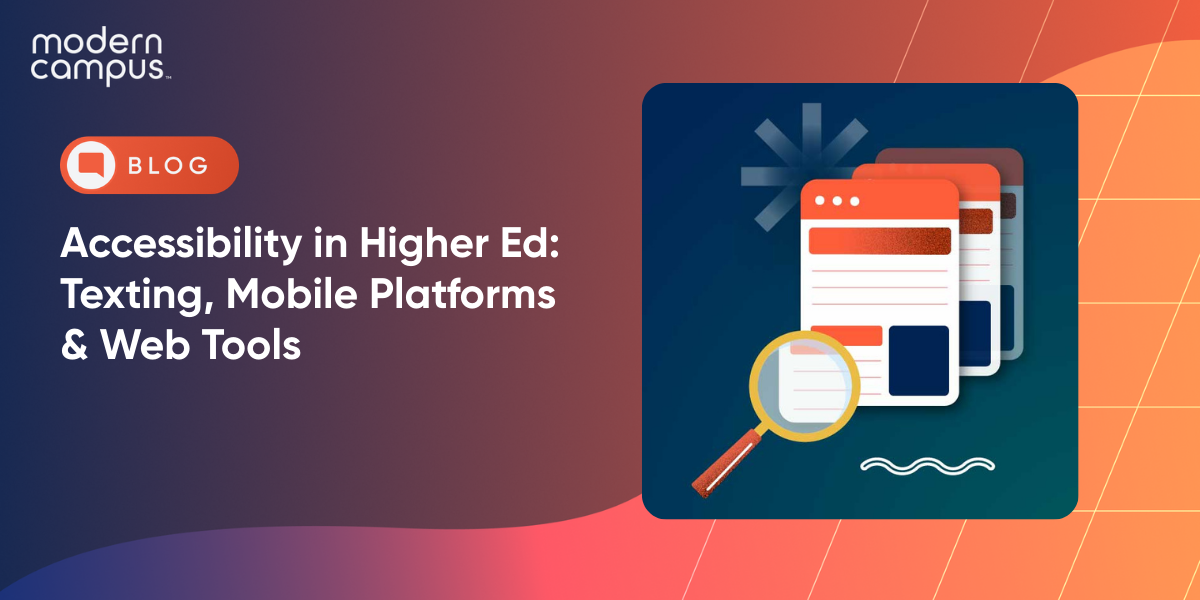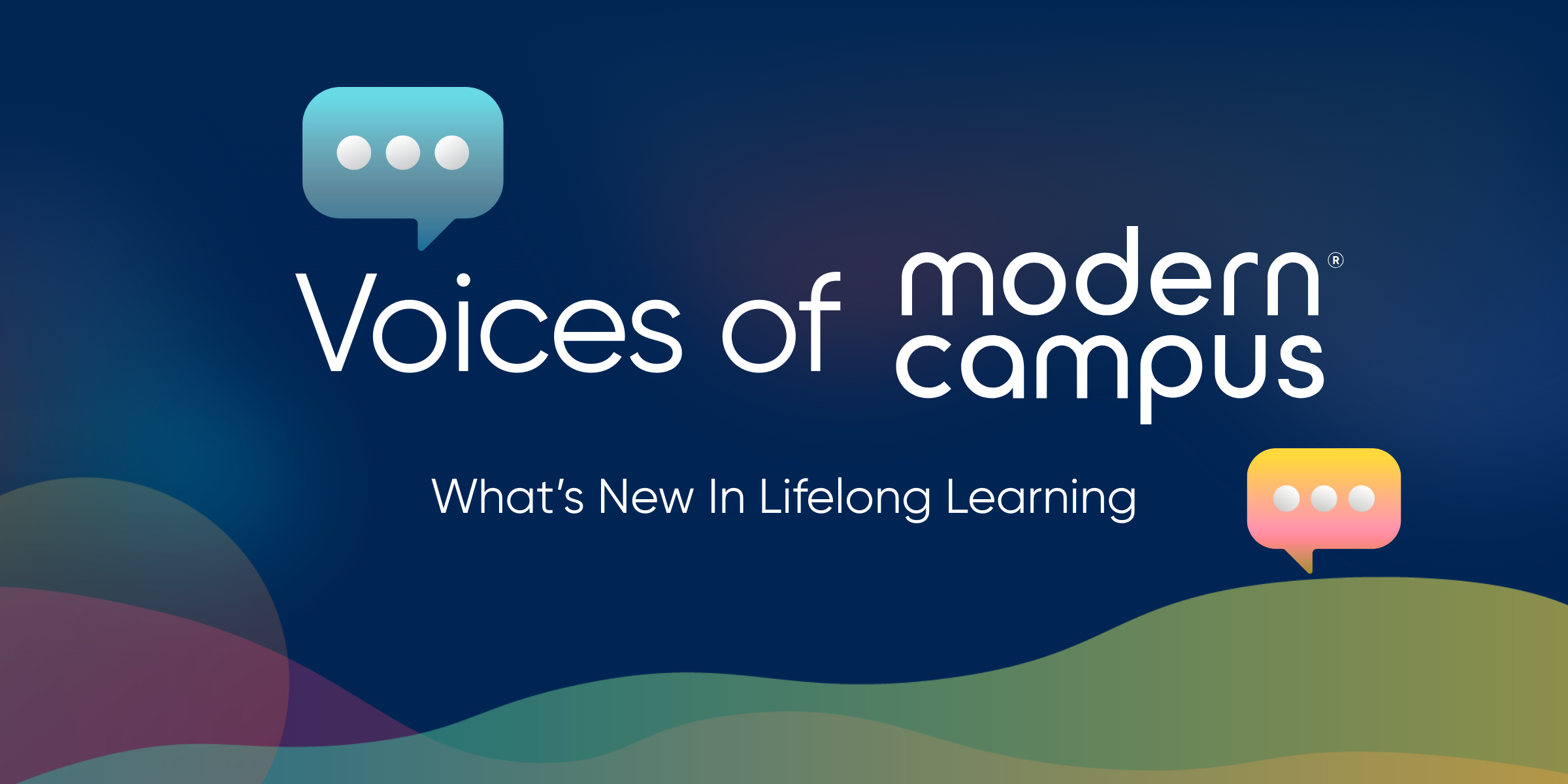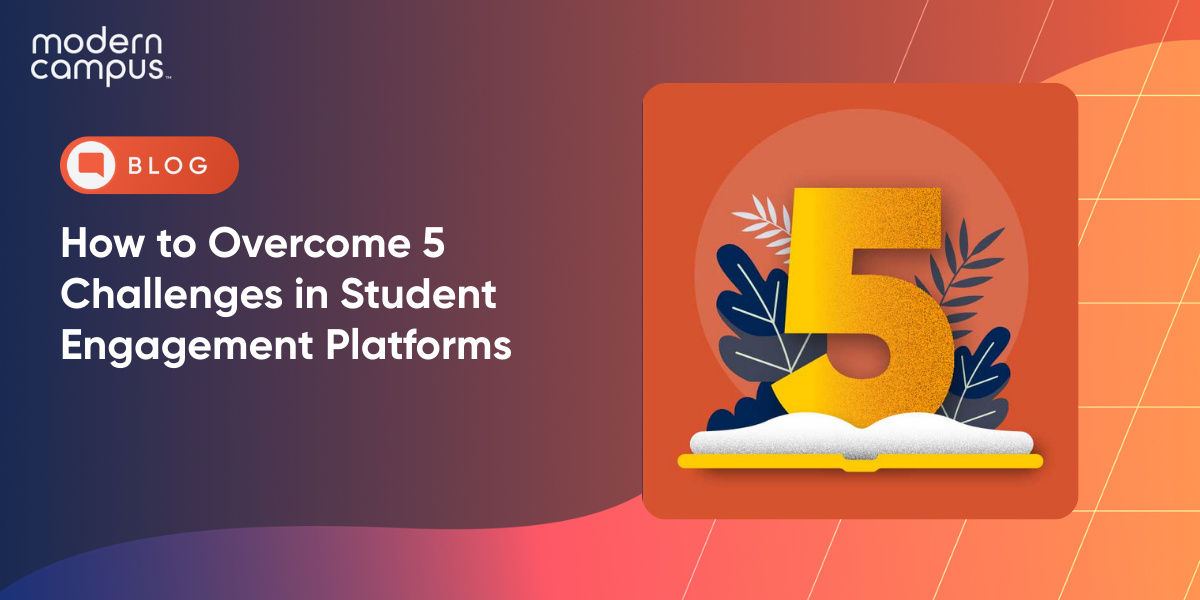Skilling and Rehabilitating: How a Community College’s Partnership with a Prison System is Changing Lives
Austin Community College is a nationally recognized, two-year college known for exceptional programs, but there is more to the story than that.
As important as students in the classroom are, they are not the only ones being taught by ACC. Students in the prison system are being reskilled and upskilled to better their career prospects upon release.
Additionally, major corporations—some of the largest in the world—are taking notes on what ACC is doing and asking for help with training future and current employees.
Don Tracy, the Director of Corporate and Community Education at Austin Community College, joined host Amrit Ahluwalia on episode 30 of Illumination, recorded live at the NCCET conference in Austin, Texas, to talk about the prison education system in the United States, and American community colleges.
Austin Community College works with a local women’s prison and two local juvenile justice centers to transition inmates to the workforce upon their release.
After all, prisons are meant to rehabilitate. When someone comes out of the prison system, they are meant to rejoin the rest of society, find work and stimulate the economy.
Community colleges have an obligation to help, Tracy says.
“One of the most significant challenges that individuals coming out of prison face is low self-esteem,” Tracy says. “By engaging with them where they are and helping them achieve whatever successes they can, we’re building momentum towards a better future.”
These are not individuals in need of a four-year degree, Tracy says; they just need a way to build better lives for themselves. This is where the community college comes in, providing something that is achievable in a short period of time.
Education can set newly released learners on a new trajectory, Tracy says. ACC is helping to build marketable skills through its continuing education division, which saw its first set of graduates in 2019 leave the prison system with a certificate in manufacturing.
ACC’s prison program is not designed to boost their college’s enrollment nor create new tuition revenue. Rather, the program’s value come from how it strengthens the relationships ACC has with the surrounding community.
Tracy says the program requires a bit of trial and error to see what sticks. But it results in stronger futures ensured for both students and the organizations ACC partners with to offer apprenticeships and internships.
Of course, ACC partners with more than just prisons for training, upskilling, or reskilling employees.
Almost a decade ago, the college partnered with what Tracy referred to as a “small, backwoods company” that you might not have heard of.
That company is Samsung.
Although Samsung itself does not partner directly with ACC for the prison program, the idea behind the partnership is similar, based on reskilling employees—and training new ones—to be better in all aspects of what they do each day.
Samsung, currently the world’s 15th largest company according to the Fortune 500, wanted to design a short onboarding program for new technicians. Instead of focusing on bringing in new technicians, Tracy had another thought: how can we make existing technicians better?
“How can we prepare these workers for new technologies and processes that are being integrated into their factory?” Tracy says. “Back then, nobody was talking about upskilling and reskilling the way we do now. We secured a skills development fund grant, through the Texas Workforce commission, and trained several thousand employees.”
Training for the employees was able to both introduce new employees to the manufacturing process at Samsung and fill any gaps that existing employees may have had. The curriculum was so successful that Tracy and ACC started working with other semiconductor companies in the area, both training new employees and upskilling existing ones.
“We are a laboratory for developing new things that can, and should, be integrated into our degree and certificate programs,” Tracy says. “This is how transition happens. We don’t just work in a silo, as things play out in our laboratory, we implement them into our college system.”
And now, ACC is preparing to launch a four-year degree program in manufacturing, which he says all started with the relationship they developed with Samsung.
Going forward, ACC is focused on building what Tracy refers to as braided pathways to better prepare it’s continuing education students for the workforce.
“These pathways integrate non-credit work-based learning, and credit-based learning experiences into paths that lead not only to credentials but work opportunities that people are actually interested in,” Tracy says. “The great opportunity comes when we find a way to knit those together through different learning experiences—apprenticeships, internships, other work-based learning opportunities, then on into degree programs.”
Austin Community College has helping hands all over, from the prison system to the tech giants that we all rely on for our work and entertainment. Improved training for the workforce means the overall product will be better, and the employees will be on the same page in the future.
Listen to This Episode
Listen on Apple Podcasts Listen on SpotifyRSS Feed
Last updated: February 18, 2022


